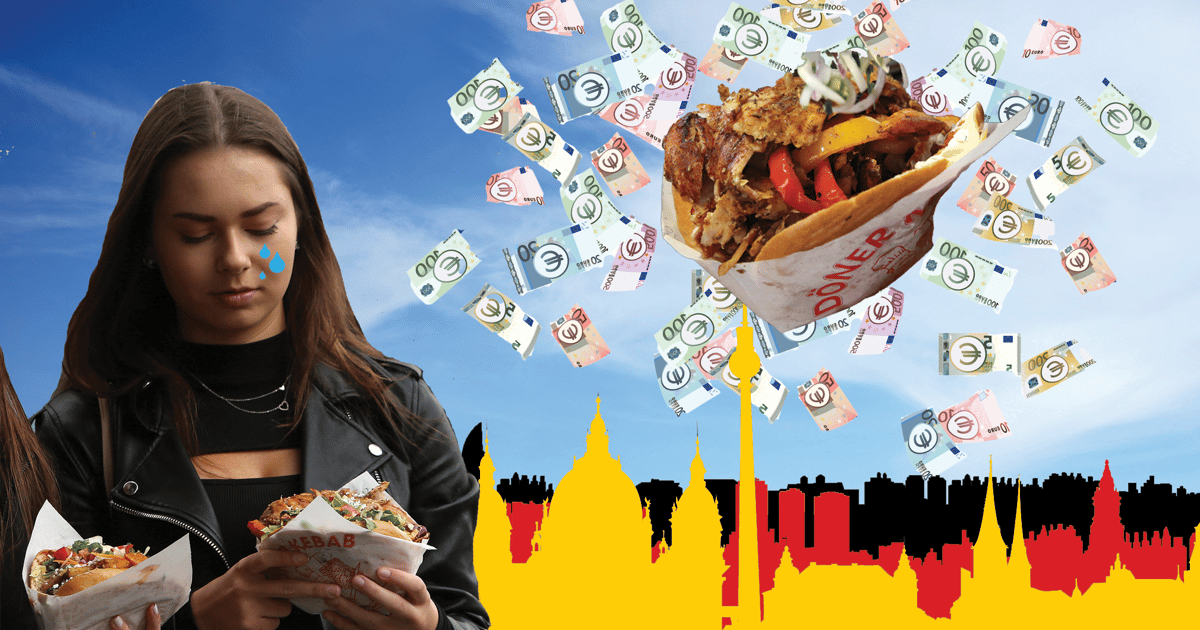- cross-posted to:
- europe@lemmit.online
- cross-posted to:
- europe@lemmit.online
“I can still remember when doner kebabs were sold for €3.50,” reminisced one teenager amid calls for a price brake to stop rising kebab costs.
The German capital is the birthplace of that ubiquitous European fast food, the doner kebab, and it shows.
Kebab shops line streets of many German cities, particularly in Berlin, and the scent of roasting, skewered meat is never far off.
Some two-million doner kebabs — meat wrapped in bread, topped with sauces and vegetables — are consumed a day in Germany, according to an industry association, quite a lot for a country of 83 million people. And the doner kebab has even supplanted the old stalwart, the currywurst — fried veal sausage topped with ketchup and curry powder — as the most popular fast-food dish in the country, according to a 2022 survey.



“Angst” in german is just the translation of normal fear. It doesn’t has the implication of existential threat it has in english.
I think you guys got the word from Sigmund Freud and gave it a very loaded meaning it doesnt have in german.